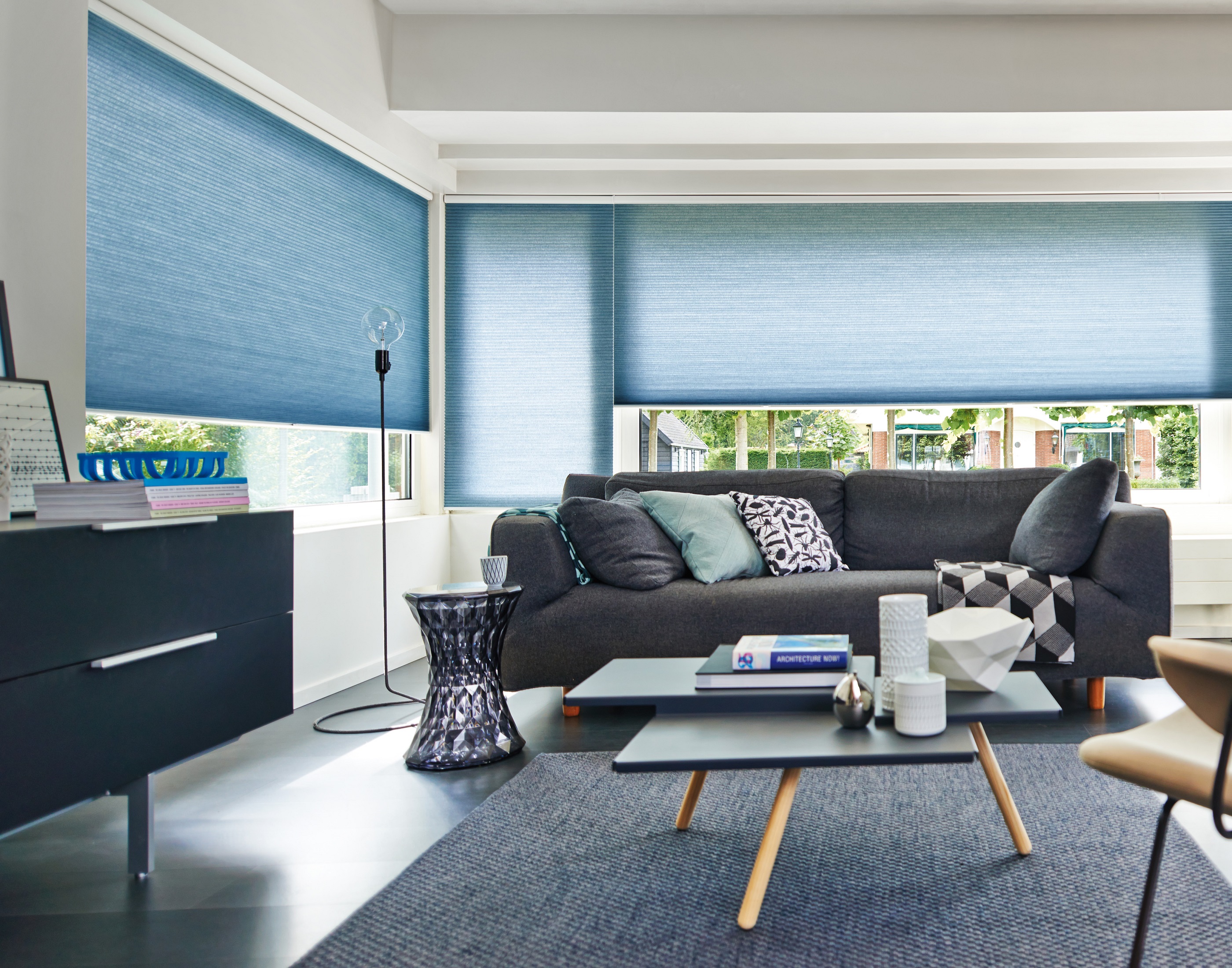
Want to make your home more eco-friendly? You needn't fork out on installing solar panels and you can do much more than just recycling your rubbish. Recent advances in material production technology mean that you can introduce sustainable and recycled materials into every area of the home (even that lair of comfort, the bedroom). These products are leading the way in protecting the environment – saving you money in the process.
1. The eco duvet
A good duvet is a must for sleeping well, and an item many householders are prepared to research extensively and invest in. Now, recycled bottles aren't exactly what comes to mind when choosing luxury bedding, but The Fine Bedding Company has managed to create just that, a luxury duvet made entirely from recycled PET. Even the cover is made from recycled plastic – you can't get much more eco-friendly than that! And how does the duvet feel? 'Silky soft', according to the company. The Eco Duvet costs from £45 for a single.
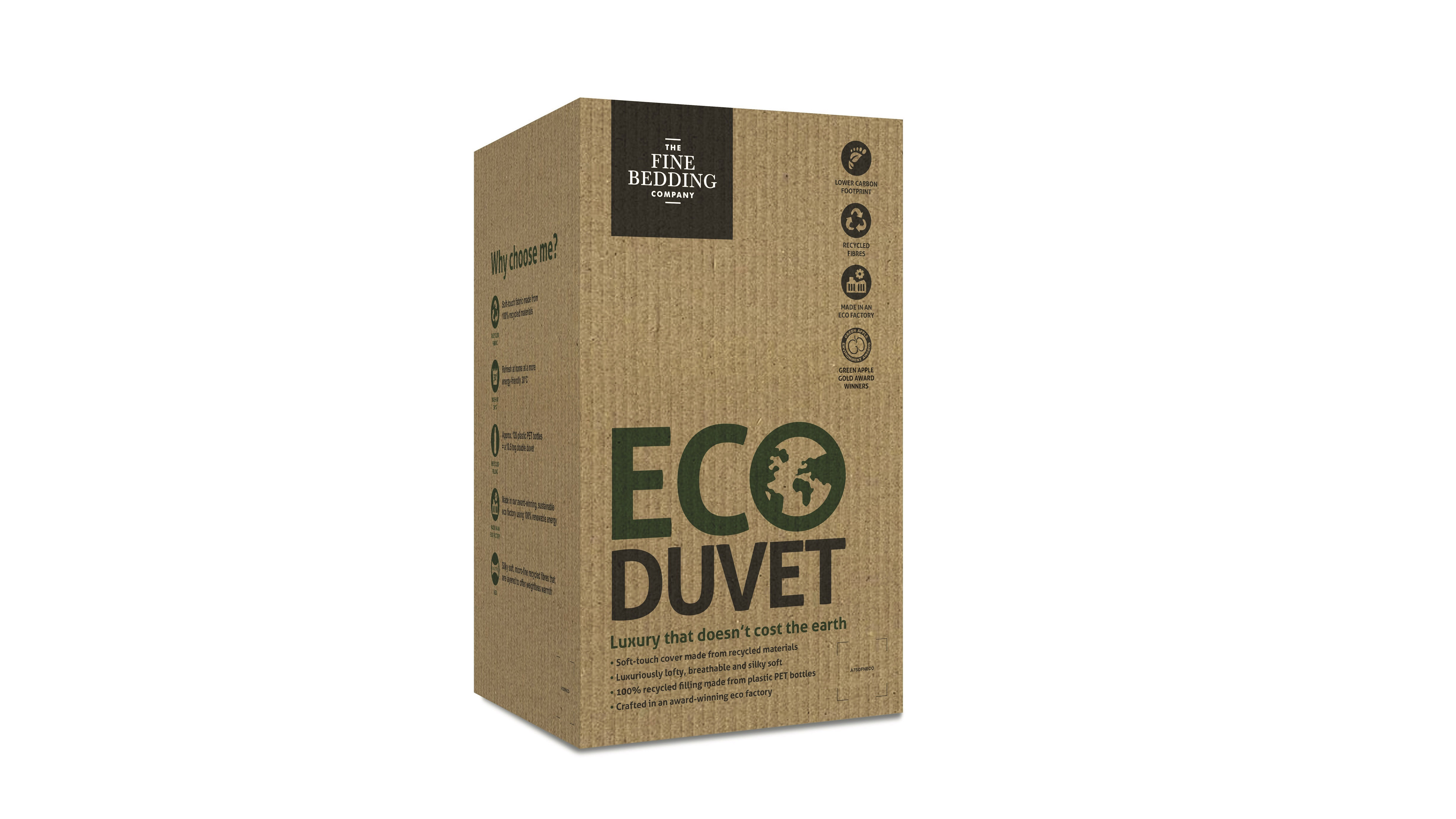
The Fine Bedding Company Eco Duvet
2. The pillow that mimics goose down
vGoose down pillows are the ultimate in bedding luxury; they also are hideously expensive and problematic for the eco-conscious (and out of the question for vegans). Brand new Smartdown technology uses recycled plastic which is spun to create an airy material that mimics the properties of real down. The pillows are then hand-finished and encased in sustainably produced cotton. The Nimbus Pearl Smartdown Pillow is £45 from The Fine Bedding Company.
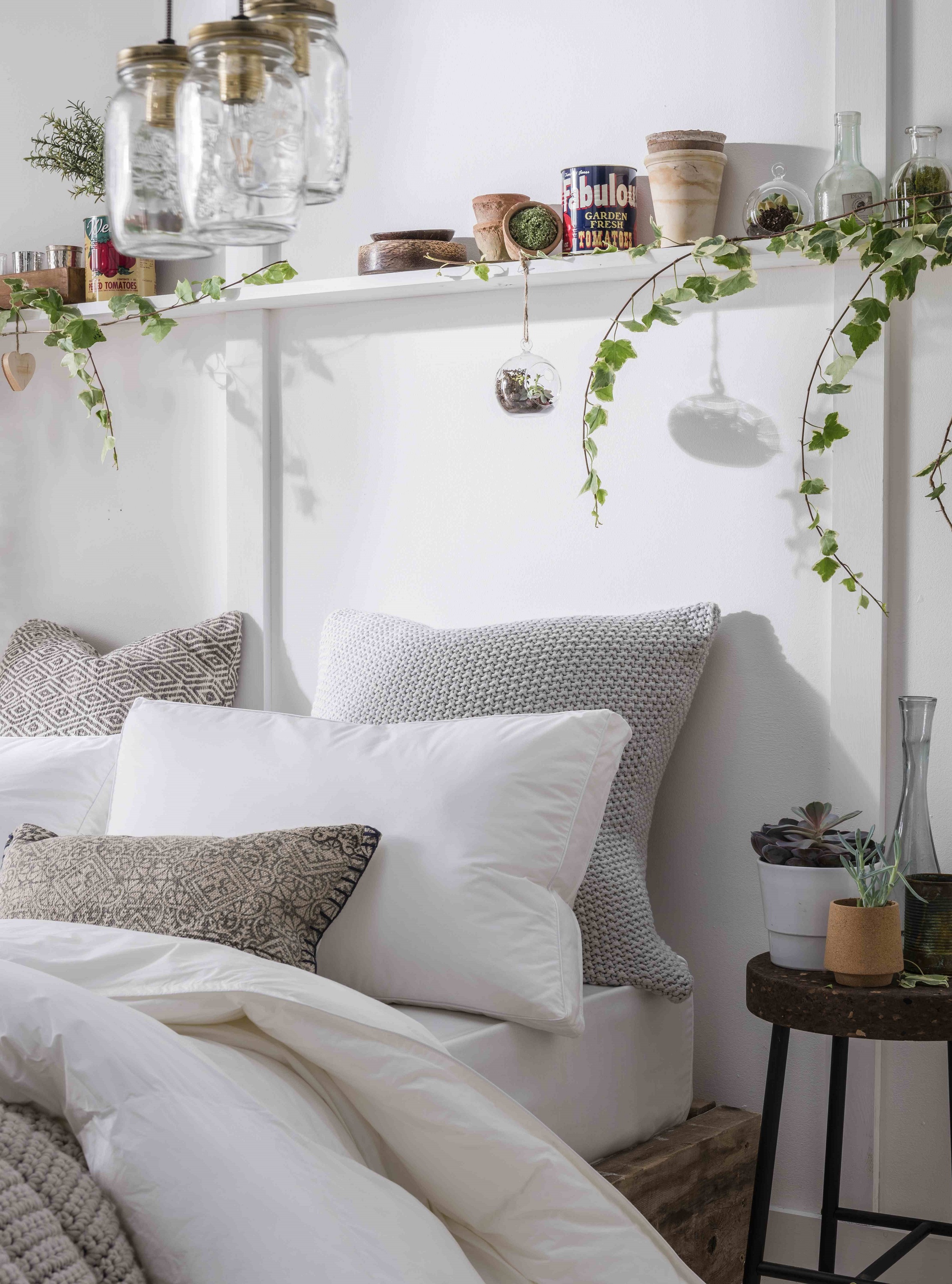
The Fine Bedding Company Smartdown Pillow
3. Energy saving blinds
Duette have been leading the way for sustainable and energy-saving blinds for some time now. The benefits of picking these blinds are undeniable: not only are many of them made from 40 per cent recycled polyester, but they also help reduce energy consumption in the home, preventing heat loss from windows by up to 46 per cent. Win-win.

Duette energy saving blinds in Mid Blue
4. Recycled rugs
Rugs are some of the easiest products to make from recycled PET; besides, plastic makes for a durable finished product, which is especially important for front door rugs. The Hug Rug Barrier Mat Home is £39.99 from The Rug Seller and can be recycled once again when you're done with it.
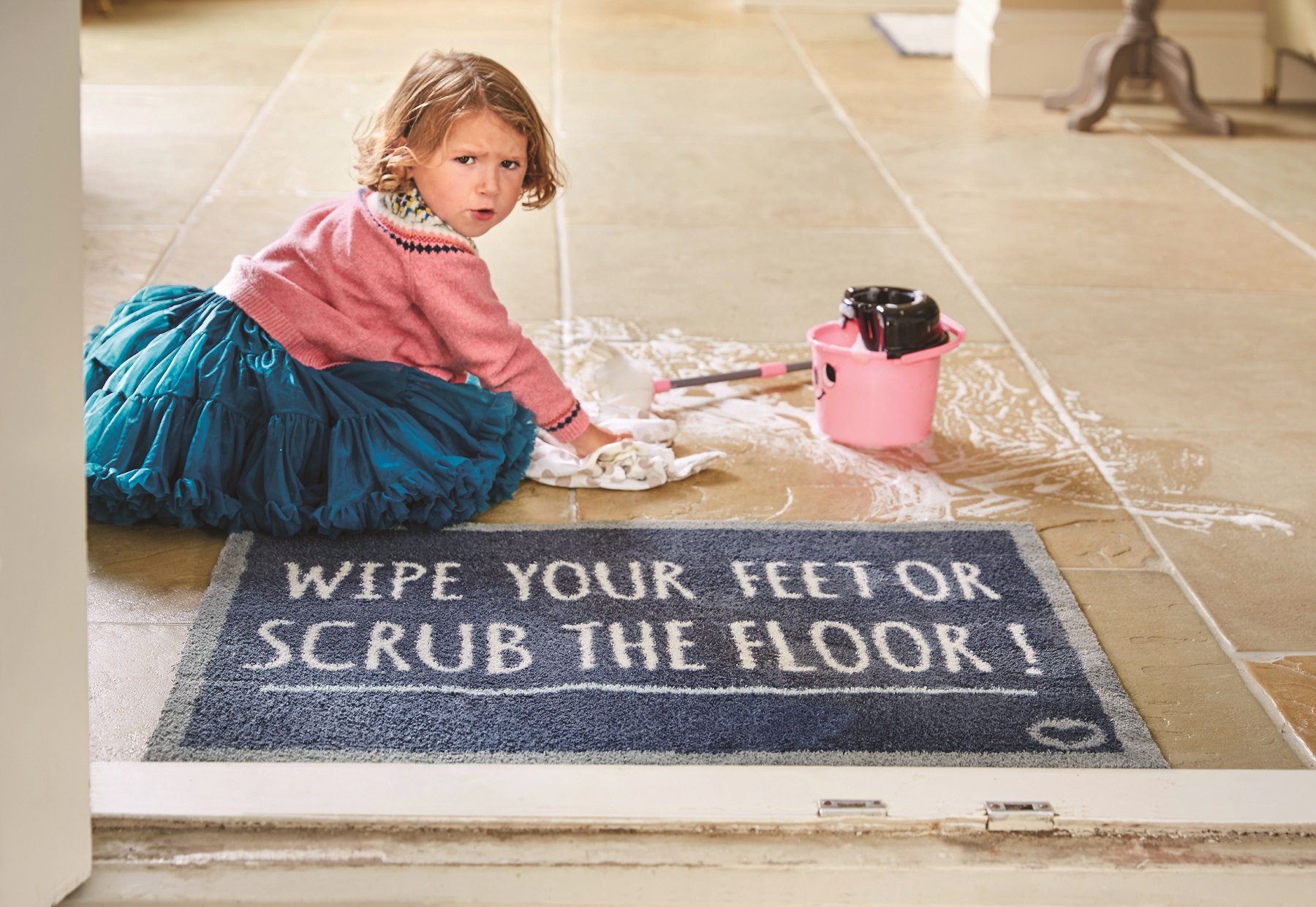
Hug Rug barrier mat, The Rug Seller
Join our newsletter
Get small space home decor ideas, celeb inspiration, DIY tips and more, straight to your inbox!
Anna is a professional writer with many years of experience. She has a passion for contemporary home decor and gardening. She covers a range of topics, from practical advice to interior and garden design.
-
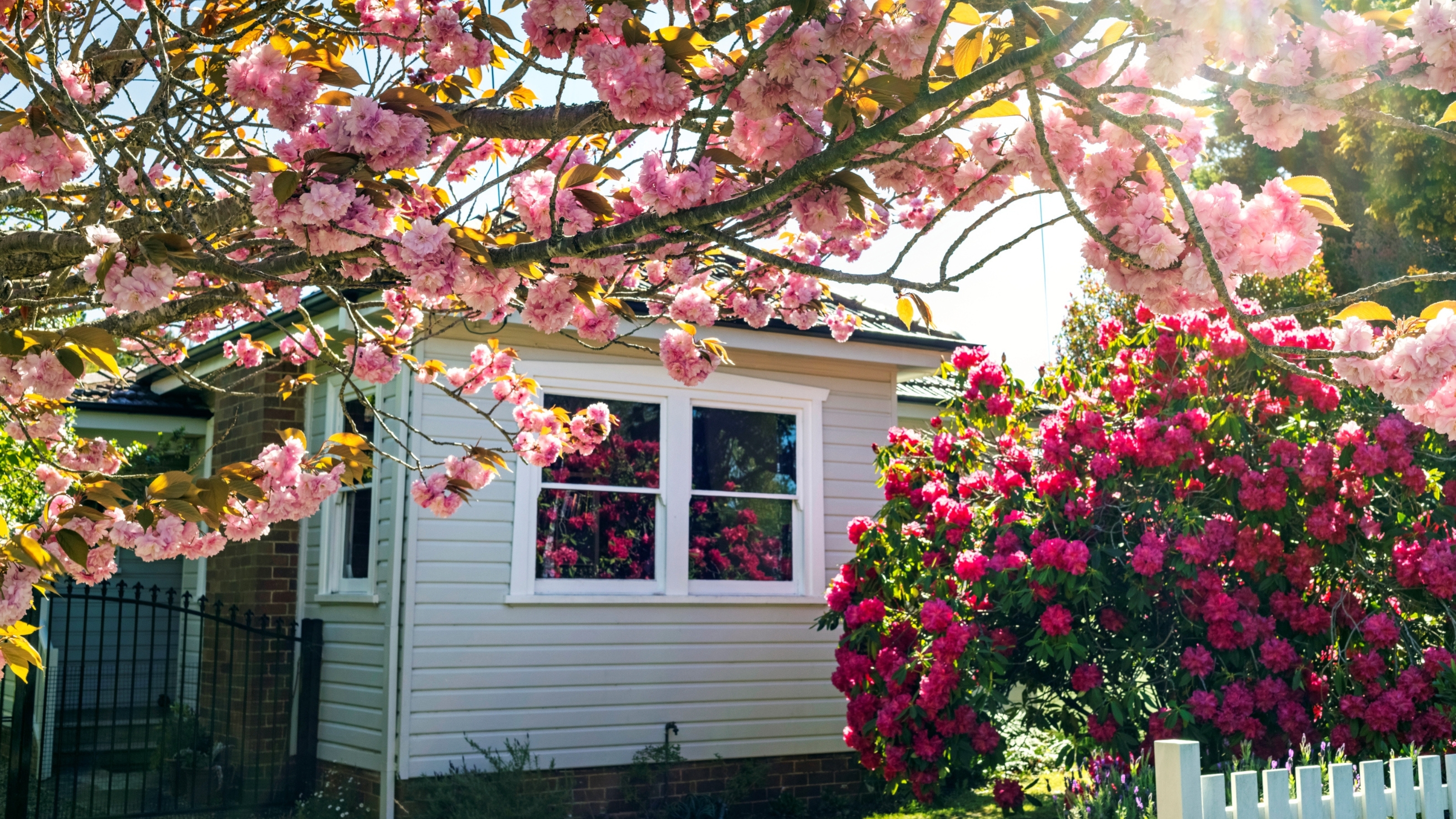 How to cool down a room: 7 simple, smart, cheap ways to keep heat at bay this summer
How to cool down a room: 7 simple, smart, cheap ways to keep heat at bay this summerEven without AC, you can learn how to cool down a room fast. We delve into hacks, tips, tricks and devices to keep you comfortable this summer
By Punteha van Terheyden Last updated
-
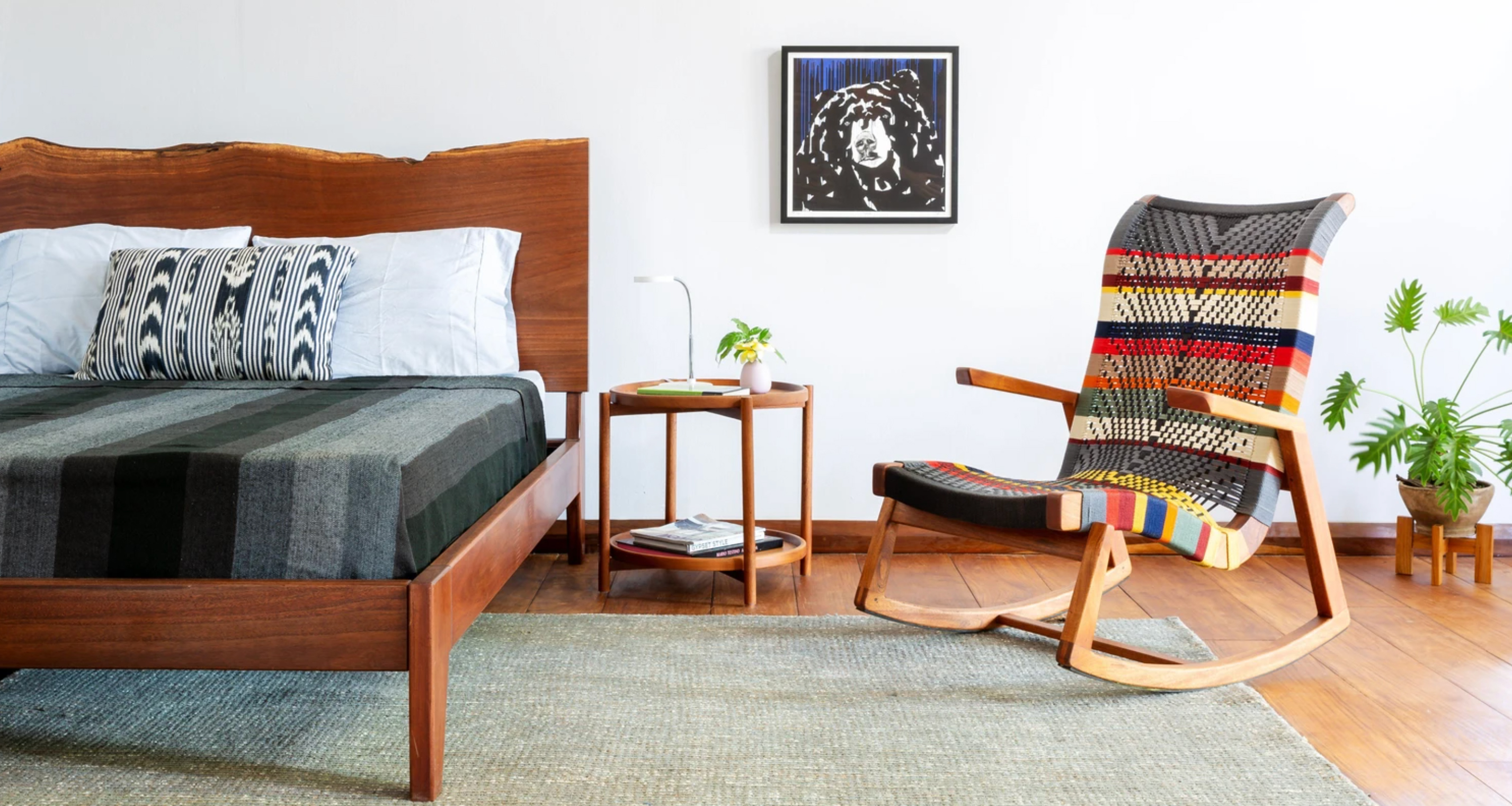 The best sustainable furniture brands: top 5 destinations for eco-friendly buys
The best sustainable furniture brands: top 5 destinations for eco-friendly buysThese are the top sustainable furniture brands we love to shop with; warning: some seriously good-looking furniture lies ahead
By Anna Cottrell Last updated
-
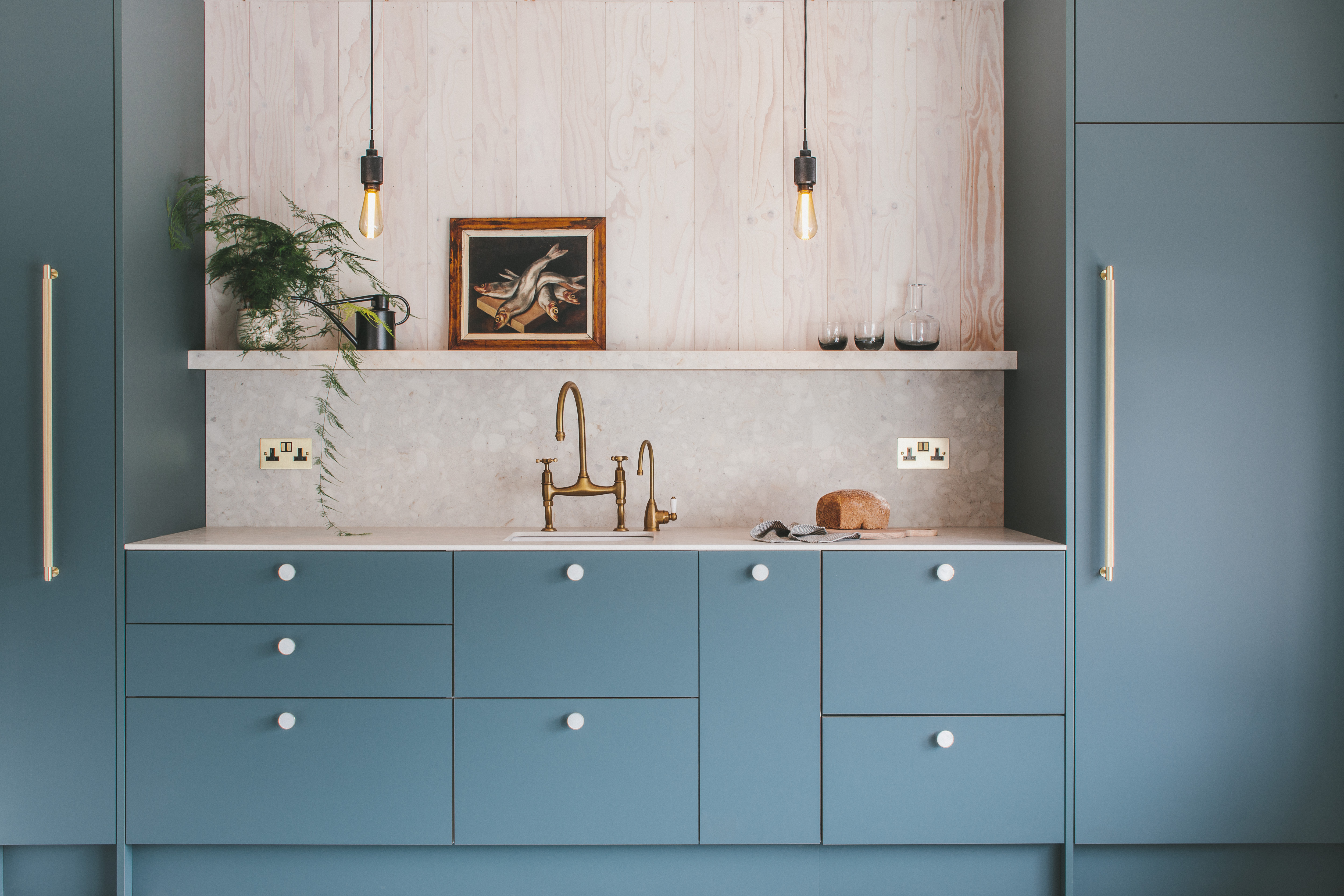 Moving? 5 sustainable living ideas for your new home
Moving? 5 sustainable living ideas for your new homeThese ideas for sustainable living are easy to implement as part of your house move
By Anna Cottrell Published
-
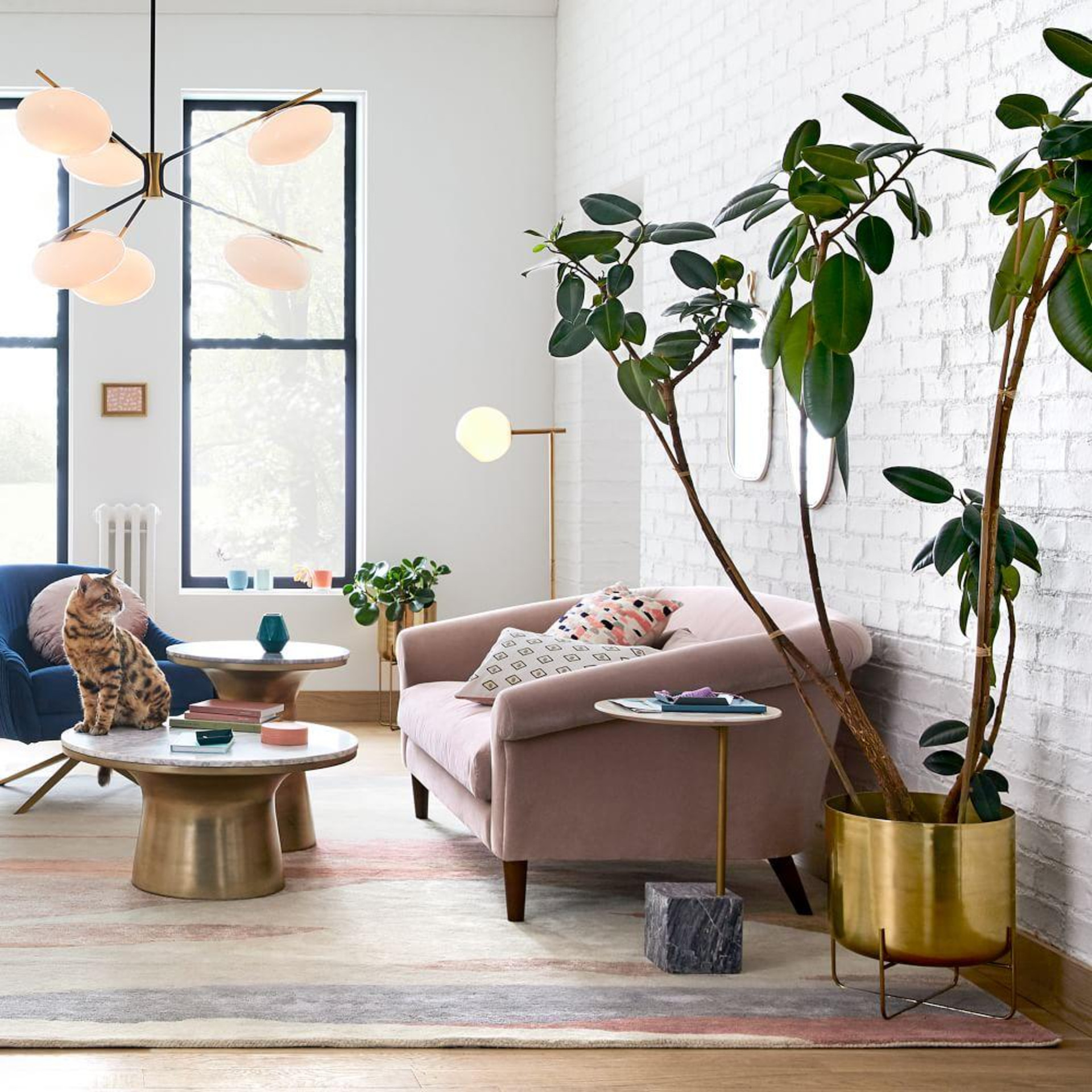 Sustainable furniture – where to shop on the high street for eco buys
Sustainable furniture – where to shop on the high street for eco buysShopping for sustainable furniture can be tricky – but there are brands that are leading the way in making pieces that are as beautiful as they are sustainable
By Anna Cottrell Published
-
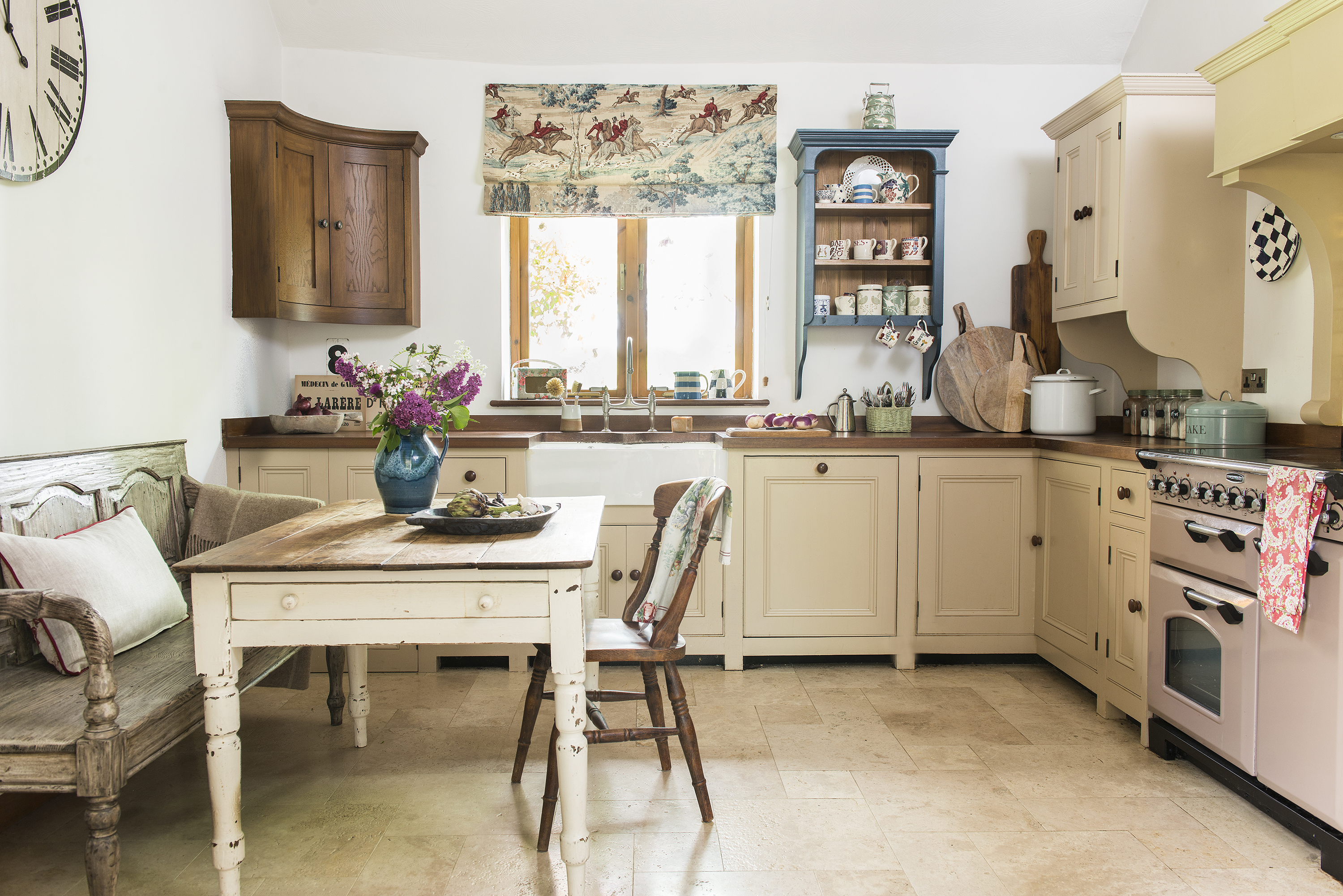 20 eco-friendly ways to makeover your period home
20 eco-friendly ways to makeover your period homeLooking for eco-friendly solutions for your home? We've rounded up the best ways to make sure your home is kind to the planet
By Holly Reaney Last updated
-
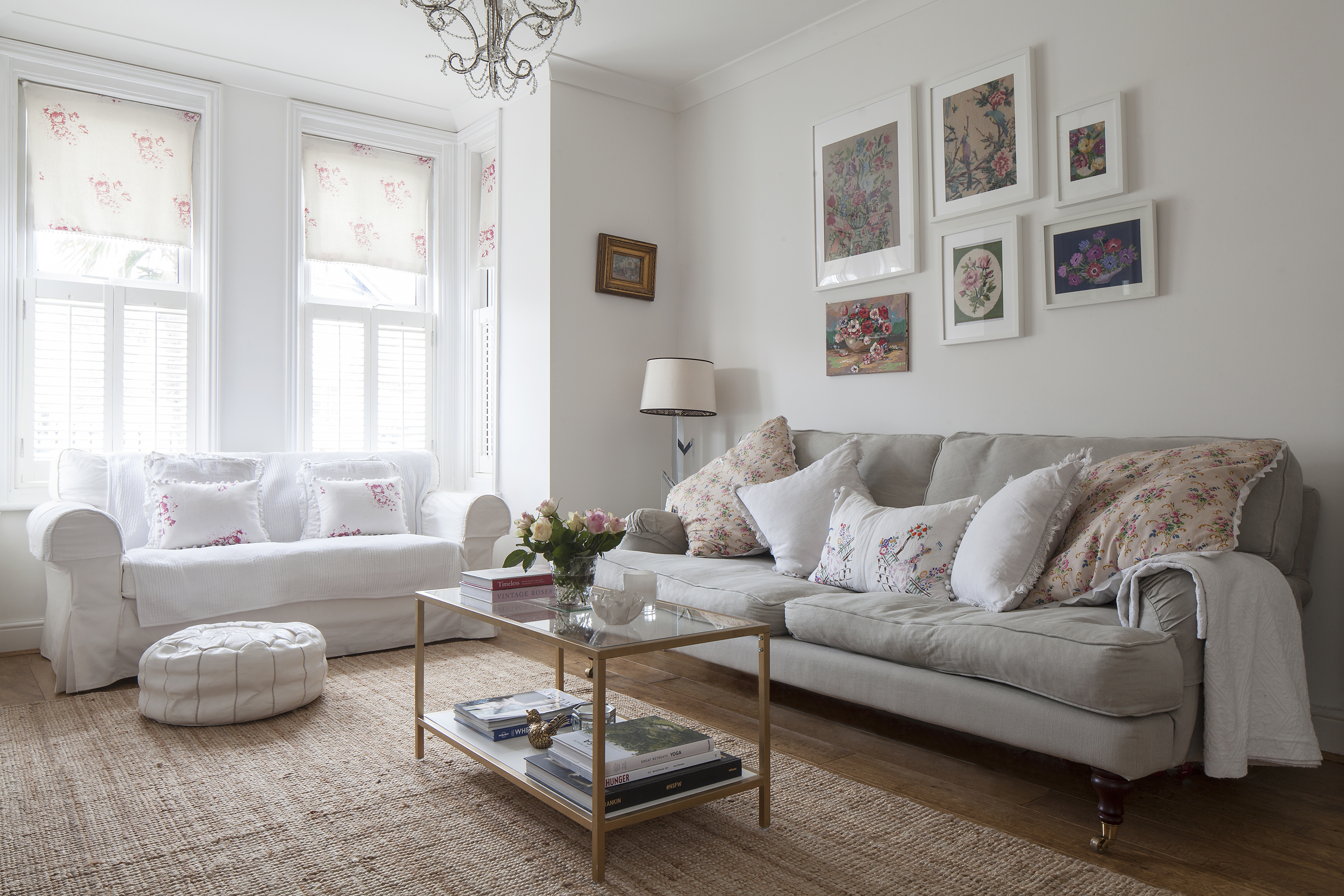 Worried about climate change? Buy sustainable furniture, but less often
Worried about climate change? Buy sustainable furniture, but less oftenWe all want to do our bit for climate change, right? Buying quality sustainable furniture that won't need replacing any time soon is a wise move. We investigate...
By Anna Cottrell Published
-
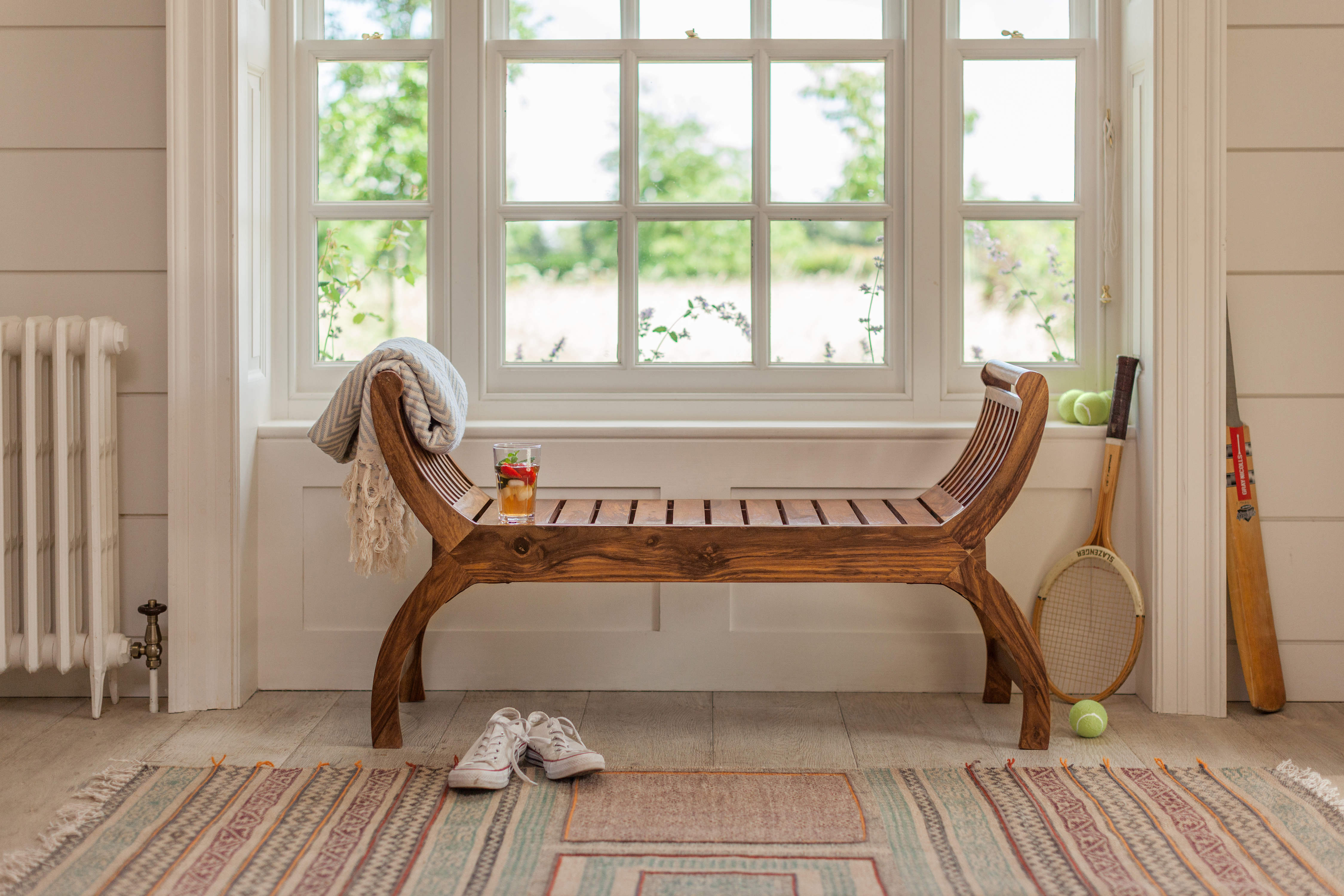 Sustainable furniture is a top priority for shoppers but better regulation is needed
Sustainable furniture is a top priority for shoppers but better regulation is neededConsumers increasingly driven to buy furniture that's sustainably made – but what does that mean in practice?
By Anna Cottrell Published
-
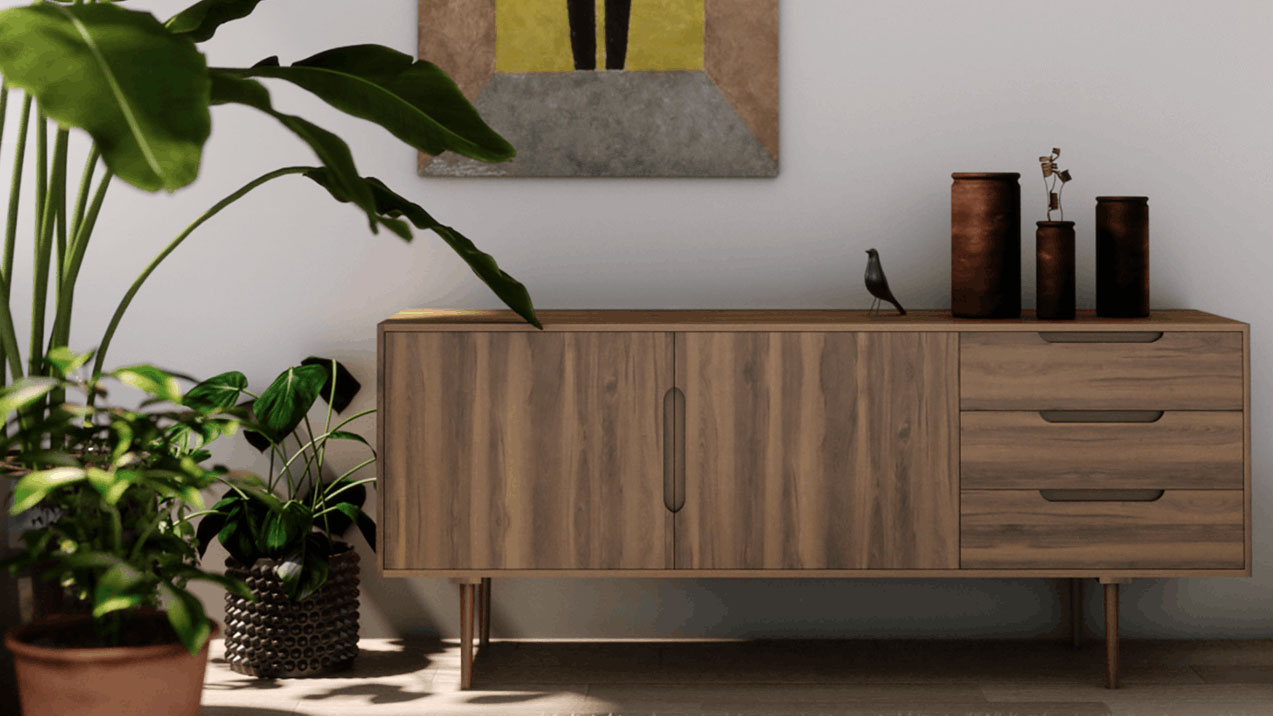 Brits discard a shocking 22 million pieces of furniture annually, research shows
Brits discard a shocking 22 million pieces of furniture annually, research showsReducing furniture waste is becoming as significant as tackling our addiction to single-use plastic
By Emily Shaw Published